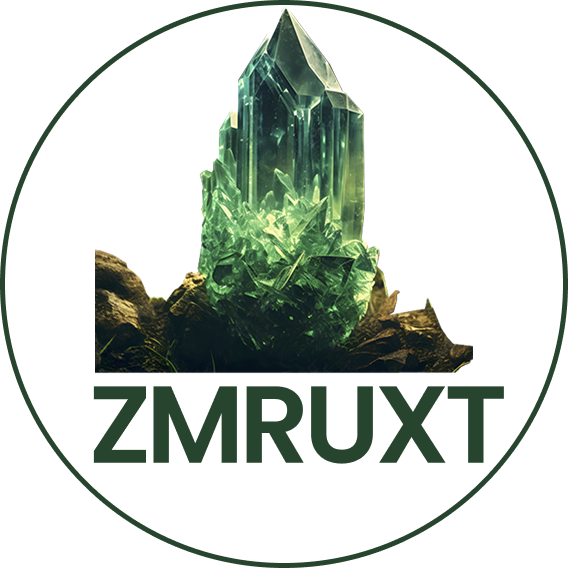- Armenian Movies
- News & Community
- Travel, Food & Events
- Culture, Arts & Heritage
- Business & Finance
- Media
- About
- Imastun
- Shop
Subscribe to Updates
Get the latest creative news from FooBar about art, design and business.
- Urax sharan -Kamo Seyranyan
- New Year 2026 LIVE: World Welcomes New Year | New Year 2026 Celebrations | New Year Eve | NY 2026
- Выращиваем лактобактерии на инулине и на лактулозе. Смотрим под микроскопом что выросло.
- #ՀԻՄԱ. «Մայր Աթոռի ինքնապաշտպանությունը և մեր հաջորդ քայլերը». Էդգար Էլբակյան
- Կարապետյանը խոստանում է վերականգնել ՀՀ ներուժը. ԵՄ-ն միջամտում է ՀՀ գործերին.AlphaNewsroom15.12.25
- Армянский Баку
- Грядёт величайший год в истории США
- New Year 2026 LIVE: Paris New Year’s Eve 2026 Fireworks Over Arc de Triomphe | Firstpost
Author: VERTEX
“Sovereignty Isn’t For Lease” Armenia Slams US 100-Year Corridor Deal | Russia Deploys Arms | VERTEX
The United States proposed a 100-year lease allowing Azerbaijan to connect to Nakhichevan through Armenia’s Syunik province but Yerevan said no, citing threats to sovereignty. Now Russia is furious at being sidelined, Azerbaijan is pushing for more, and Armenia finds itself under intense pressure from all sides. While Washington calls it peace-building, many in Armenia see a land grab in disguise. Caught between past wars and present deals, is this the start of a new great game in the Caucasus? 00:00 – INTRODUCTION 0:33 – ARMENIA REJECTS US PROPOSAL FOR AZERBAIJAN CORRIDOR 03:28 – “THERE IS DECEIT HERE, TOO” RUSSIA…
Putin Watches As Armenia Hosts US Troops For “Eagle Partner” Drills Amid “Trump Bridge” Hum | VERTEX
Armenia is hosting joint military drills with the US from August 12–20, signalling a major shift away from Russia and toward Western alliances. The “Eagle Partner 2025” exercises follow Armenia’s suspension from the CSTO and growing EU ties. Meanwhile, discussions continue over a US-backed corridor through Armenia—dubbed the “Trump Bridge”—linking Azerbaijan to Nakhchivan, though officials deny any deal. Trump is also pushing to expand the Abraham Accords to include Azerbaijan and Central Asian states. But peace between Armenia and Azerbaijan remains the key hurdle. As tensions shift, the South Caucasus emerges as a new front in global power rivalry. 0:00-…
Netanyahu Recognises “Armenia Genocide” As Yerevan Cosies Up To Turkey Amid Azerbaijan Deal | VERTEX
Benjamin Netanyahu has shattered decades of Israeli ambiguity — openly recognising the Armenian genocide for the first time. His blunt “I just did” remark directly challenges Turkey, a NATO power already in fierce conflict with Israel over Gaza. Ankara slammed the statement as political exploitation, deepening the rupture in relations. Only 34 countries worldwide officially recognise the killings as genocide, with most avoiding it to preserve ties with Turkey. Netanyahu’s move marks a historic break in Israeli policy, signalling shifting geopolitics in the Mediterranean and beyond. What does this mean for Israel-Turkey relations — and Armenia’s push for normalisation with…
Iran Armenia Relations: On August 19, 2025, Iranian President Masoud Pezeshkian visited Yerevan, where Iran and Armenia signed 10 memorandums of understanding covering trade, culture, infrastructure, and politics, marking a push to elevate ties to a strategic level. Both sides pledged to triple bilateral trade to $3 billion, expand transport links including the Persian Gulf–Black Sea route, and address customs and tariff disparities. Armenia welcomed Iran’s role as a reliable partner, while Tehran emphasised its commitment to Armenia’s sovereignty and warned against foreign involvement, particularly the U.S.-brokered “Trump Route” corridor linking Azerbaijan to Nakhchivan. Viewing the project as a direct…
China and Armenia have elevated ties to a strategic partnership during the SCO summit in Tianjin, with President Xi Jinping backing Yerevan’s bid to join the bloc and pledging deeper multilateral cooperation. Armenian Prime Minister Nikol Pashinyan and officials welcomed expanded trade, infrastructure, and connectivity projects with China. Meanwhile, in Tehran, Armenian and Iranian leaders reaffirmed opposition to border changes, backed peace talks with Azerbaijan, and pledged to strengthen a forthcoming strategic pact, warning against foreign interference in the Caucasus. 00:00 – INTRODUCTION 0:29 – CHINA & ARMENIA ESTABLISH STRATEGIC PARTNERSHIP IN TIANJIN 04:52 – IRAN, ARMENIA REJECT BORDER CHANGES…
Iranian President Masoud Pezeshkian’s upcoming visit to Yerevan signals a major push for deeper Iran–Armenia trade ties, with both sides eyeing up to $3 billion in commerce while ruling out any foreign troop presence along their borders. The trip comes just weeks after Trump brokered the Armenia–Azerbaijan peace deal, reshaping South Caucasus dynamics through the new Tripp corridor. Assurances from Yerevan that the project is purely economic have eased Tehran’s sovereignty concerns, opening the way for rail links, expanded trade routes, and Iranian participation in Armenian infrastructure. For Iran, the choice is stark—embrace its role as a regional trade bridge…


